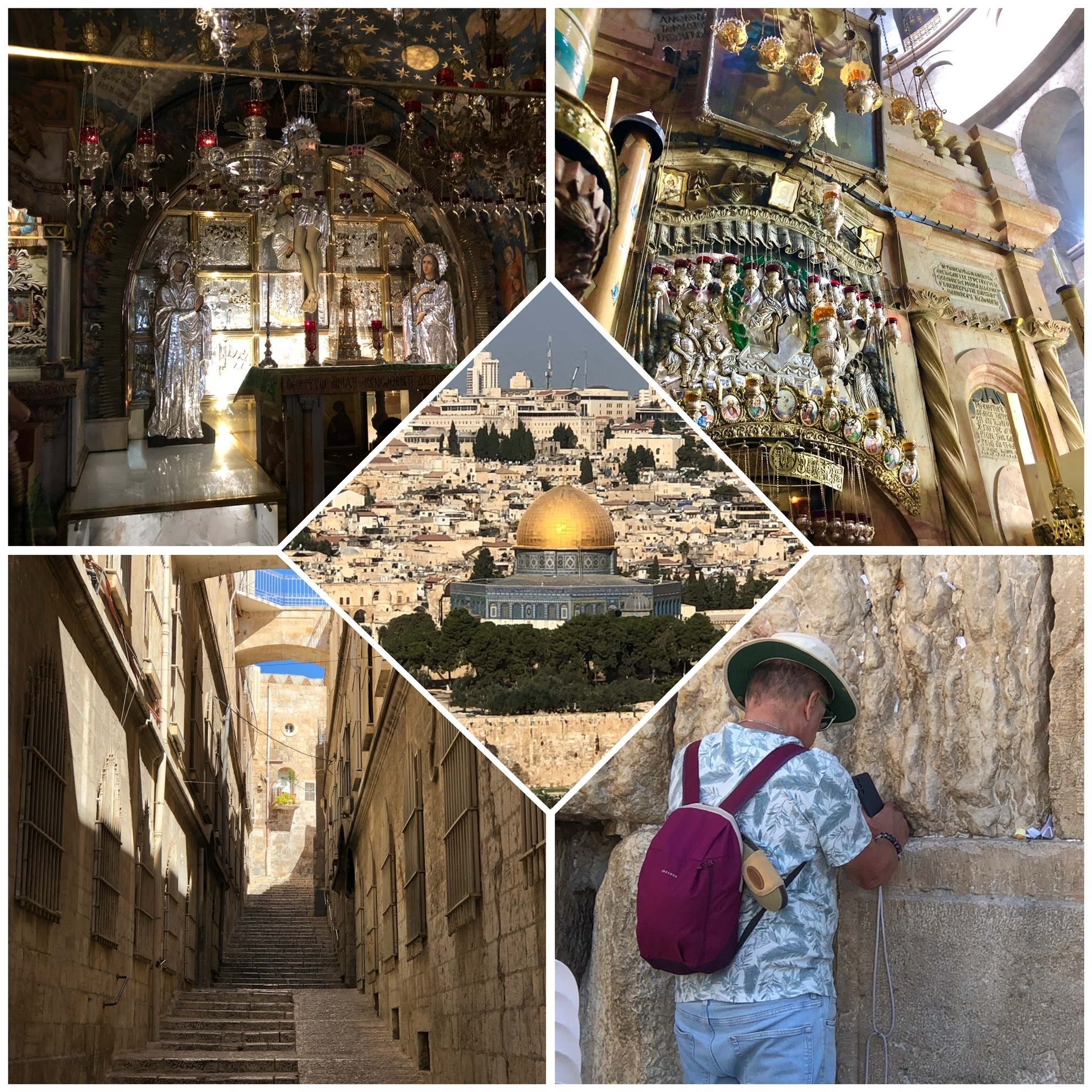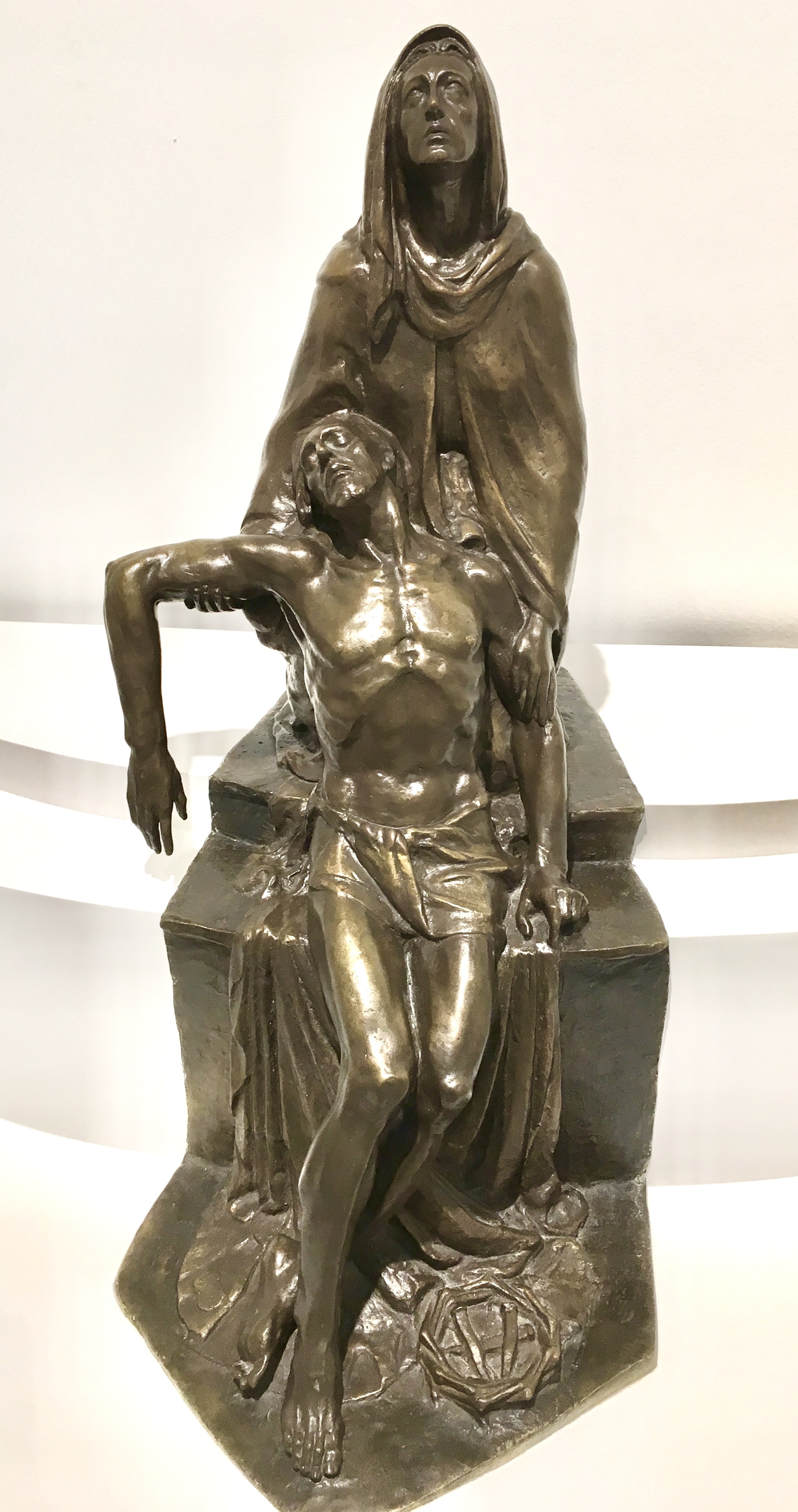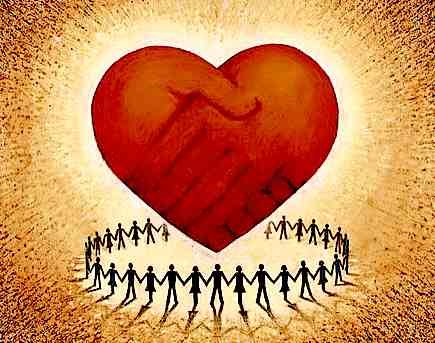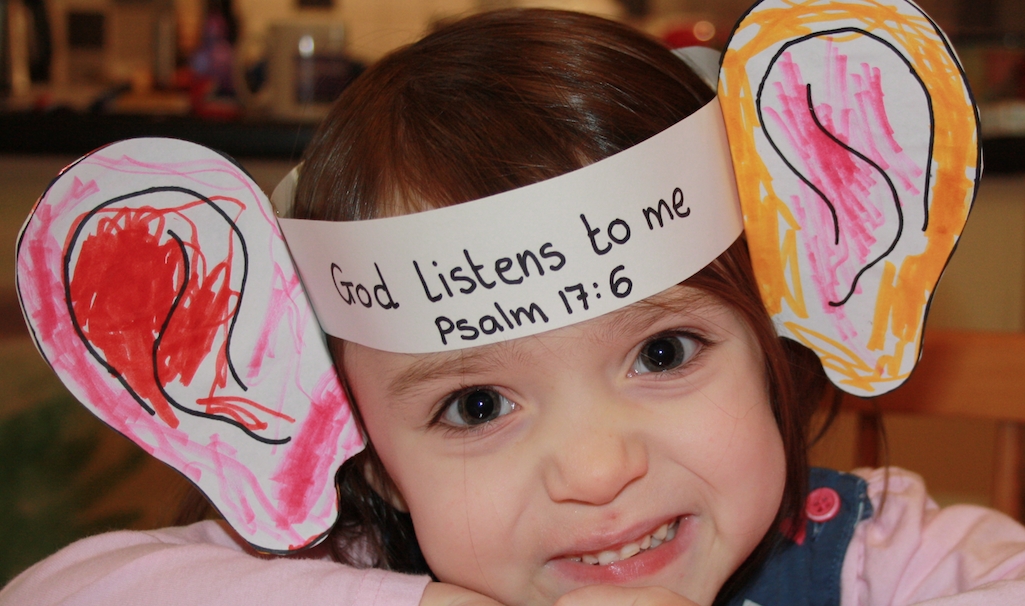These reflections are a result of more than 40 years of ministry as a Roman Catholic priest. Most of these years I spent in the Diocese of Charlotte which covers Western North Carolina. Now I am retired, and live in Medellín, Colombia where I continue to serve as a priest in the Archdiocese of Medellín.

For I create Jerusalem to be a joy and its people to be a delight; I will rejoice in Jerusalem and exult in my people. (Is 65:17-21)
https://bible.usccb.org/bible/readings/031124.cfm
It’s always good to remember that “Jerusalem” is more than just a reference to the earthly Jerusalem. In the prophets, “Jerusalem” is the place of encounter between God and God’s people. In the Book of Revelation it is the Heavenly Jerusalem that comes down from heaven. “Jerusalem” is the true home for all of us.

For God so loved the world that he gave his only Son, so that everyone who believes in him might not perish but might have eternal life. For God did not send his Son into the world to condemn the world, but that the world might be saved through him. (Jn 3:14-21)
https://bible.usccb.org/bible/readings/031024-YearB.cfm
If John 3:16 is the center of the gospel message, then we are called to LOVE the world and everyone in it as God does. Somehow, we never seem to manage it.

But the tax collector stood off at a distance and would not even raise his eyes to heaven but beat his breast and prayed, ‘O God, be merciful to me a sinner.’ (Lk 18:9-14)
https://bible.usccb.org/bible/readings/030924.cfm
The Jesus Prayer (“Lord Jesus Christ, Son of God, have mercy on me”) is an ancient prayer of Christian spirituality and comes from the parable of the Pharisee and the Tax Collector. The Desert Fathers and Mothers recommended the Jesus Prayer to their disciples and bequeathed its profound simplicity to us. The heart of all prayer is the name of Jesus. As the Catechism reminds us: The Hail Mary reaches its high point in the words “blessed is the fruit of thy womb, Jesus” (CC 435).

One of the scribes came to Jesus and asked him, "Which is the first of all the commandments?" Jesus replied, "The first is this: You shall love the Lord your God with all your heart. The second is this: You shall love your neighbor as yourself. There is no other commandment greater than these." (Mk 12:28-34)
https://bible.usccb.org/bible/readings/030824.cfm
It’s always risky asking Jesus questions . . . you usually get more than you bargained for. Which is the first of all the commandments? Jesus takes two verses from different books of the Bible and puts them together . . . love God and love neighbor. Loving God is a cinch . . . it’s the loving neighbor part that trips us up! Looks like we’re going to be working on love of neighbor not only every day of Lent but for the rest of our lives!

Thus says the LORD: This is the nation that does not listen to the voice of the LORD, its God, or take correction. Faithfulness has disappeared; the word itself is banished from their speech. (Jer 7:23-28)
https://bible.usccb.org/bible/readings/030724.cfm
“Selective hearing” is a universal problem that can have eternal consequences. Perhaps that’s why Lent patiently calls us to LISTEN: If today you hear his voice, harden not your hearts (Psalm 95).



